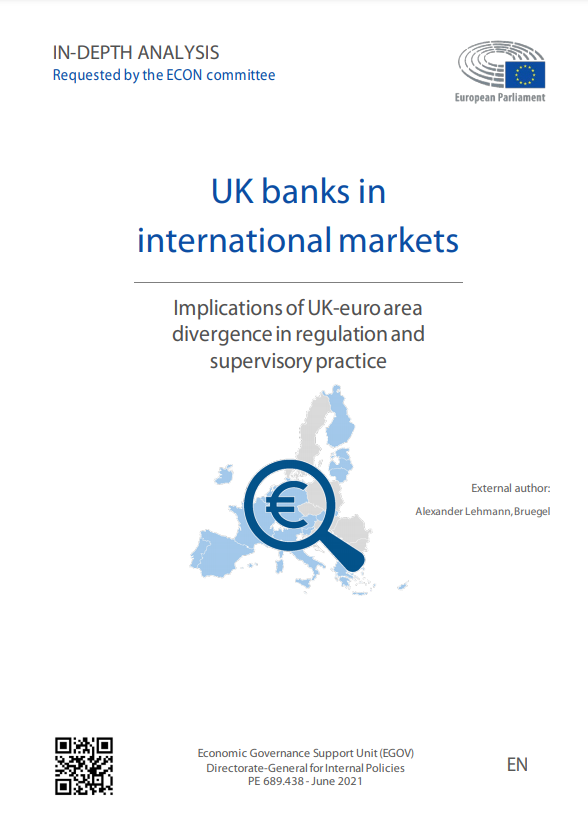Blog Post
Northern Ireland and EU funds
EU funding for the UK has risen considerably since 2000, but funding predominantly goes to rural and less developed areas, meaning that Northern Ireland, Scotland and Wales receive more funding relative to their GDP than England.
Northern Ireland could lose important EU funds if the UK votes to leave the EU on June 23, on top of facing political uncertainty and potentially travel restrictions.
Figure 1 shows the timeline of the three most relevant EU funds for England, Wales, Scotland and Northern Ireland, in percentage of their respective regional GDP. These EU funds aim to increase the competitiveness of agriculture and enhance territorial development of rural areas (European Agricultural Fund for Rural Development), give support to innovation and research, with special regard for SMEs in transition and less developed regions (European Regional Development Fund) and to improve workers’ mobility and employment opportunities in the single market (European Social Fund). Northern Ireland also received funds to support the peace process in the region.
EU funding for the UK as a whole has increased from 9 billion euros in 2000-2006 to nearly 16 billion euros in 2014-2020 (including only the ESF, EAFRD and ERDF). From 2000- 2014, Northern Ireland received 153 million euros from these EU funds each year, while Wales received 291 million euros, and Scotland 160 million euros per year. England received 850 million euros per year.
Although England receives more funds in absolute terms, it gets by far the smallest amount when correcting for the size of the economy. In fact, EU funds are concentrated in rural and less developed regions, which is not surprising as resources are allocated in order to encourage convergence among regions. Including the peace programmes, Northern Ireland receives the second largest amount of EU funding in terms of percentage of regional GDP, behind Scotland.
Figure 1 – EU funds broken down by UK region, percentage of regional GDP
Source: European Commission and UK regional government offices. Note: We take the average regional GDP over the funding period, and 2014 GDP for the period 2014-2020; 3 billion euros were invested in the UK under the ESF program between 2000 and 2006. However, no regional allocation could be found.

Republishing and referencing
Bruegel considers itself a public good and takes no institutional standpoint. Anyone is free to republish and/or quote this post without prior consent. Please provide a full reference, clearly stating Bruegel and the relevant author as the source, and include a prominent hyperlink to the original post.









